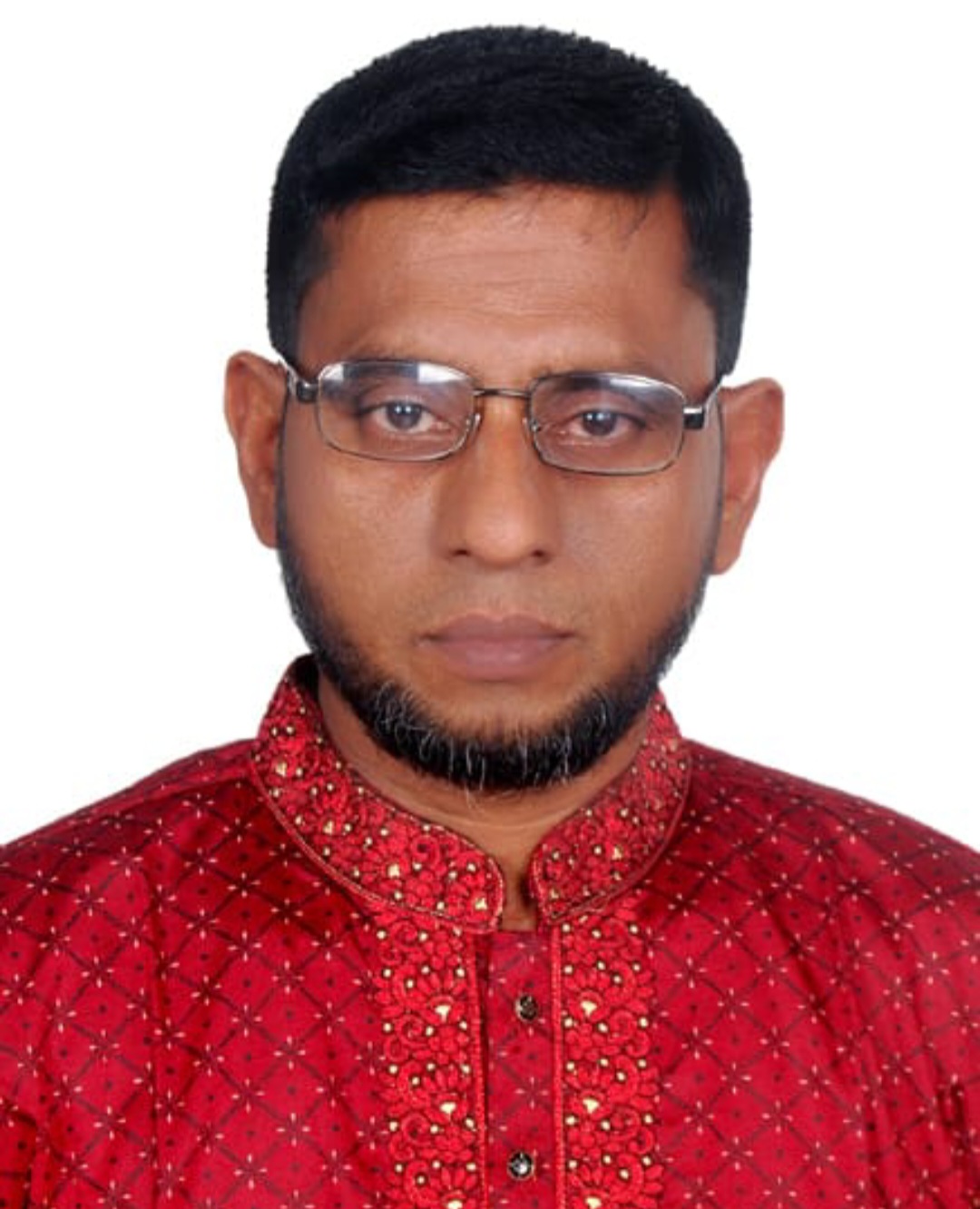


TAGHRID BOU MERHI
GAZA THE LEGENDARY CITY
Written by poet, writer, journalist and translator TAGHRID BOU MERHI
Gaza, the legendary city that stood against invaders and tyrants, inspiring poets.
The city of Gaza in Palestine boasts a long and eventful history. Located on the coast of the Mediterranean Sea, it is bordered to the north by Israel and to the east by the West Bank. The human history of the region dates back thousands of years, witnessing successive civilizations from the Canaanites to the current Palestinians. Few cities have endured the struggles, successes, and fate-altering transformations witnessed by Gaza throughout its various eras. Established over four thousand years ago, the city’s unique geographic location destined it to be a crucial hub for trade and culture in the region—a meeting point for caravans and migrations from ancient Egyptians, Babylonians, Greeks, Persians, Romans, to Arabs and the Islamic conquest.
The name “Gaza” traces back to the Canaanite language when the area was part of the ancient Gaza Kingdom. Throughout ancient times, the city had various names, mentioned even in the Book of Genesis. In the ancient Palestinian covenant, it was known as “Azzah,” in the Assyrian covenant as “Gazatu,” and in the ancient Egyptian covenant as “Hanut.” The Persians called it “Gaza,” meaning royal treasure, and the Greeks gave it a similar name, signifying treasury or wealth. The city’s multiple treasures are reflected in its varied names like Ione, Minowa, Kistandia, Gares, and others.
Among its names is “Gaza Hashem,” named after the Prophet Hashem, who used to visit it for trade during summer trips and was buried there. Gaza has witnessed exceptional resilience since the occupation in 1948, becoming a center for Palestinian resistance and a stage for significant events in the Palestinian struggle. The ongoing Israeli blockade, especially after the withdrawal of Israeli settlers in 2005, imposed significant economic and social challenges on the city’s residents.
Gaza has consistently resisted its invaders throughout history, even at a high cost, just as it did with epidemics and natural disasters. Its people, hardened by pain and the horrors of wars, have increased in resilience, strength, and determination to preserve their identity and rights.
It’s not surprising that Gaza has drawn the attention of poets since ancient times, serving as a source of inspiration and creativity. Poets have expressed their love for Gaza and its struggles. The city has become the focus of international attention due to the humanitarian challenges its residents face, coupled with their legendary resilience and countless sacrifices.
Here is Nizar Qabbani writing about Gaza and its strong children, capturing their resilience in the face of enemies.
Oh, students of Gaza, teach us
Some of what you have, for we have forgotten
Teach us to be men
For our men have become mere dough
Teach us how stones turn
Into precious gems in the hands of children
Gaza, the steadfast, has offered and continues to offer in the path of freedoms and dignity, blood, souls, and immense sacrifices. Its history has turned into a series of massacres, horrors, and daily confrontations with the occupying enemy. Mahmoud Darwish said about it:
“I came, I came
Walk through the streets of my arms to reach
And Gaza does not sell oranges
Because its blood is canned
I used to escape its alleys
And write my death in its prison
Clarity is a crime
And the obscurity of your deaths is the real truth,
Oh, stones don’t move
Except when the living don’t move
So reject my legend”
In one of his prose texts, he wrote:
“Time in Gaza does not lead people to the coolness of contemplation, but it propels them to explode and collide with the truth. Time there does not take children from childhood to old age, but it makes them men in their first encounter with the enemy. Time in Gaza is not relaxation, but an invasion of the blazing noon.
And Tamim Al-Barghouti celebrated Gaza no less; he drew inspiration from its resilience and sacrifices, especially in his poem “My Soul as a Redemption for Every Victorious Sorrow.”
My soul is a redemption for the sky, phosphorus bombs fill it like the hair of a jinn
A thousand white strands toward the earth seeking
And the sky wants to collapse like an old building
So we raise our hands to straighten it
And it almost crumbles if not for the available hands of the generous
People of Gaza, you have nothing to worry about
And by God, if not for you, there wouldn’t be a sky remaining for the worlds
Ghazi Al-Quseibi in a passage from his poem “Gaza”:
“Gaza and the winter of birds and the feast of prostration and the sword
I have never understood how we used to sleep.”
As for Samih Al-Qasim, he addressed Gaza in his poem “Gaza”:
What are you? A city or an altar?
Strangers check from time to time
The apples of your wound
Will they yield to the conquering invaders?
Strangers check your wound:
“Gaza, you might die at dawn, Gaza, you might die,”
And you return in the sad dawn
The cries of your love and life
Stronger and higher
Good morning
Sister of miracles
Those poems reflect various aspects of life and challenges in Gaza, highlighting the resilient and artistic spirit of the poets in expressing their reality. Despite the numerous poets who accompanied the chronicles of the steadfast city through their poems and texts, still enduring a suffocating blockade for a decade and a half, Mueen Bessiso, born in Gaza in 1926 and living there during his childhood and youth, infused a unique flavor into his poems about his city.
Most of Mueen Bessiso’s writings were inspired by refugee camps, tin houses, and the close-knit places in his heart, memory, and conscience. In his poem “To My Eyes, Gaza, in the Midst of the Israeli Occupation Night,” he says:
“The heart spreads its wings far away and flies
To your orchards, O my green Gaza,
In the night of hell
And to your walls that boil like chests
Gaza, I, my blood has not rusted
In the darkness
For my blood is the fires in the invaders’ straw
And sparks of my blood in the wind
Flew like words.”
When the world turns a deaf ear to the cries of suffering humans, Bessiso transforms his poetry into tunes and songs echoed by subsequent generations. Some take the form of advice, as in his poem “The Battle”:
“If I fall, take my place,
O my comrade in the struggle
Carry my weapon, let it not weigh you down
My blood flows upon the weapon
Look at my lips, closed
Against the roar of the winds
And look at my eyes, shut
Against the morning light
I haven’t died, I still call you
From behind the wounds.”
Because Gaza is a legend with its history, resilience, and people, and because we live in a world filled with challenges and difficult circumstances, in the absence of justice and humanity, we must express our solidarity with Gaza and its people. We should all work towards achieving peace, providing support to those in need, and upholding the human dignity violated by tyrants, invaders, and colonizers.
Given the extent of pain, I, TAGHRID BOU MERHI, wrote about Gaza with the ink of Arab belonging, saying:
“O pride of the chosen dignity
Your excellence, a commendable path
In every corner, a smiling martyr
The path of martyrdom, seeking the gate of Eden
You became an eternal glory of radiant light
As if daylight itself settled and became eternal
O Gaza of heroes, O sword of guidance
The paths have narrowed for you, yet you fear no retaliation
In you, the struggle, and in you, the worshiper’s supplication
To become a secure and eternal fortress
Now is the time for us to write our story
And shield your sanctity from the evils of the enemy
May Gaza’s free ones dawn upon your path
With a victorious dawn for life, a birth anew.”
Bio:
TAGHRID BOU MERHI
Taghrid Bou Merhi, a Lebanese multilingual poet, writer, journalist and translator living in Brasil. She has authored 18 books and three encyclopedias, a translator of 23 books to date, an author of 56 articles, a presenter of 18 books (10 Arabic books and 8 internacional books), and she participated in more than 60 Arabic books and more than 75 anthology internacional. She is an active member of various literary and creative platforms and editor of 10 Magazine Arabic. She is an advisory member among ten internacional poetry consultants chosen by
Chinese media giant CCTV. She is advisor to the International Union of Arab Intellectuals, in the Media Authority for Translation Affairs and advisor to the countries Al-Sham literary platform for literary translation. She is internacional embassador for the organization of creativity for peace London. She teaches Arabic to non-speakers, holds a degree in law.
She has received numerous international awards, including the Nizar Sartawi International Creativity Award in 2021, Naji Numan Award in literature in 2023, and the SahityaPata Kazi Nazrul Islam Memorial Award in 2022. Taghrid has been honored for her journalistic excellence and has won primer place prize such as the “Zheng Nian Cup” 2023. International Peace Medal Award, Peace Award, certificate for Hyperpoem Book (a poetry book publishing 2000 poets) , and an honorary prize from the Global Poetic Brotherhood in Texas, USA, for translating global poetry into Arabic, French, and Italian.
Taghrid has been honored with the International Poet Zhen Xin Award for 2022 and 2023, and was honored with the “World Leaders Award” among 140 global personalities by WORLD GALA, and SAHITO INTERNACIONAL AWARD FOR LITERATURE “WINNERS OF JURY AWARD FOR LITERATURE 2023”. She received the Journalistic Excellence Shield from the Nile and Euphrates Paper Magazine in 2022 and 2023. Taghrid has also been recognized with honorary certificates as a journalist from Mubadara Magazine, Mirror of International Life Agency, and Innovators Magazine.. Her writings are part of several national and international magazines, newspapers, journals and anthologies. Her poems have been translated into 47 languages, studied by literary critics, and featured on international radio stations.. She speaks five languages.
e-mail: taghrid240@gmail.com
Facebook ID: Taghrid BouMerhi
Tweeter:@merhi_bou
Poet Writer
TAGHRID BOU MERHI
Edite
And Published by.Md.Sadiqur Rahman Rumen.